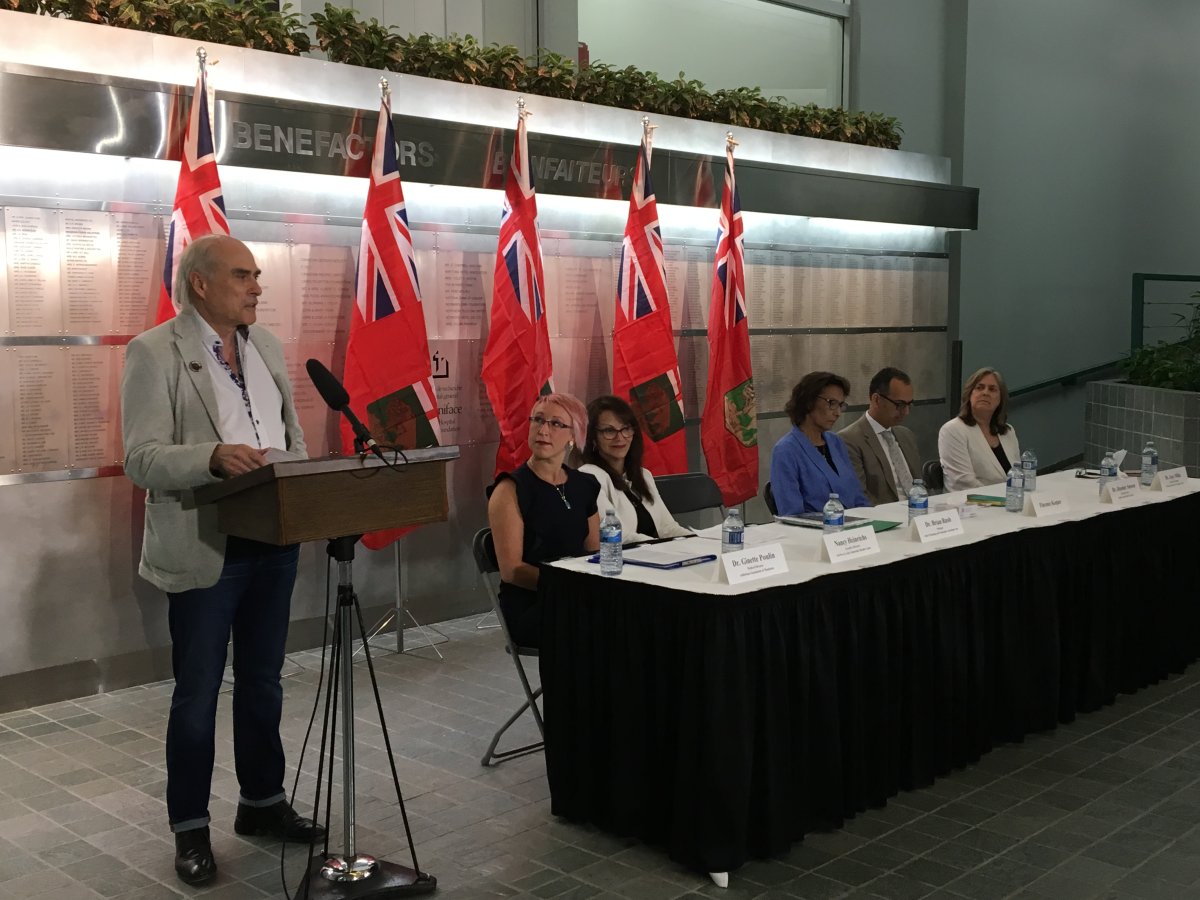A new report on Manitoba’s mental health and addictions care was released Monday with strategies to improve access and coordination of services.

The VIRGO report highlights major issues in Manitoba like long waits to access services, limited availability of services in rural and northern communities, gaps in the continuum from acute to primary care and an imbalance in how past investment has been directed.
The 267-page report also stresses that the system is not able to meet the province’s current level of need and that the needs are “extremely high” in Manitoba.
The report said the province’s funding is well below the national benchmark of 7.2 per cent of health funding to mental health and addictions. Currently the province spends 5.1 per cent.
The report recommends a gradual increase in funding over three years and an additional 2 per cent health funding to make up for the funding gap in previous years.
- ‘Super lice’ are becoming more resistant to chemical shampoos. What to use instead
- Solar eclipse eye damage: More than 160 cases reported in Ontario, Quebec
- 3 women diagnosed with HIV after ‘vampire facials’ at unlicensed U.S. spa
- Canadian man dies during Texas Ironman event. His widow wants answers as to why
“While this additional investment is certainly needed, funding alone will not fix the system, as evidenced by Manitoba having one of the highest provincial per capita health expenditure rates in Canada and yet poorer health outcomes than many other provinces,” report co-author Adair Roberts said.
The report outlined specific recommendations related to:
- increased access across the province
- timely treatment through clinics
- expanded Telehealth access
- more flexible lengths of stay
- increased community-based treatment
- the integration of addictions and mental health services for children and youth under one umbrella
- 8 per cent of the total addictions and mental health budget go toward prevention
- the need for more accessible and culturally appropriate services for Indigenous people
“While we are realistic in acknowledging the report’s goals will not be accomplished overnight, our government is committed to working with service providers and clinical experts whose voices have shaped both the short and long-term recommendations,” Health, Seniors and Active Living Minister Kelvin Goertzen said.
The province said over the coming months it will evaluate and consider each recommendation.




Comments